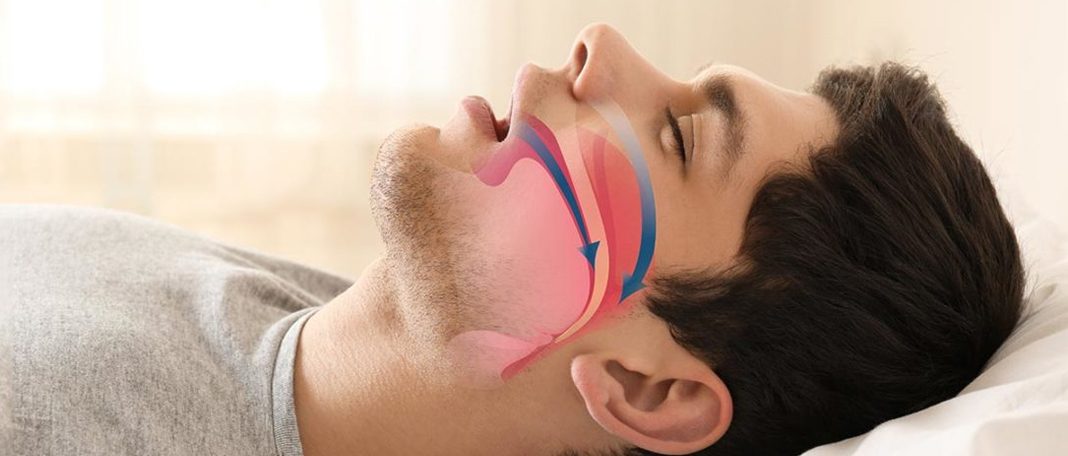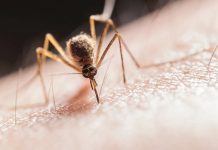What is sleep apnea?
Sleep apnea is a disorder where the person’s breathing pattern is interrupted while sleeping. The breathing starts and stops; this can happen several times when the person is asleep. When the sleep apnea symptoms are not diagnosed and treated it could have serious consequences
Causes of sleep apnea
The relaxation of the muscles in the throat and the inner tongue are the common reasons for sleep apnea. The relaxed muscles will obstruct the airway and cause difficulty breathing, further leading to lower oxygen levels in the blood. In addition, hypothyroidism, obesity, drug abuse, narrow throat, enlarged tonsils, and other conditions can also contribute to sleep apnea, affecting the breathing pattern. The cause of sleep apnea might vary depending on the type.
The brain recognizes the disrupted breathing pattern and brings awareness to clear the airway. The individual might still be asleep in between clearing the airway as it is a brief act.
Types of sleep apnea
Obstructive sleep apnea
This type of sleep apnea is when the throat muscles relax, and there is an obstruction in the airway. The soft palate and uvula (the flesh that hangs within the mouth above the throat) fall into the airway and cause breathing problems. The individual might find difficulty breathing, but the function of the lungs is pretty much fine. The airway obstruction leads to a lack of oxygen and most likely leads to snoring as well.
Central sleep apnea
Central sleep apnea is due to a lack of coordination between the brain and the neurons of the human body. The lack happens due to the inconsistency of the signals sent from the brain to the nervous system. The snoring and the sound that one produces might be lacking with this type, as the person might stop breathing for a while and wake up with shortness of breath at times. Conditions like stroke and heart disease can lead to central apnea.
Complex sleep apnea
Complex sleep apnea is a combination of obstructive sleep apnea and central sleep apnea. One may experience daytime weariness, waking up in the middle of the night, headaches, and insomnia due to difficulty breathing.
Symptoms of Sleep apnea
Sleep apnea symptoms can vary from type to type of sleep apnea. The common symptoms of this sleeping disorder include:
- Headaches
- Insomnia
- Snoring
- Snorting while sleeping
- Dry mouth/ throat
- Waking with shortness of breath
- Pause in breath
- Gasping
Sleep apnea treatment
Continuous positive airway pressure (CPAP)
CPAP- is considered an effective treatment in providing pressure through a mask to keep the airways clear. Initially, it might take some time to get acquainted with the machine. Eventually, it will turn comfortable. If the snoring and difficulty in breathing continue, talk to your physician.
Oral equipements
The purpose of oral equipment is to keep the throat open and the obstruction away. When compared to CPAP, oral equipment is easier to use but lesser in terms of effect. This method can help with controlling snoring.
Sleep apnea surgery
One can opt for surgery to remove the tissues or shrink them when the treatments like pressure and oral equipment fail to provide relief. The surgery prevents airway blockage by removing throat tissues and tonsils. Implants are also an option to keep the passage open, and their effectiveness is to be looked into and well consulted before execution.
This blog hopes to bring awareness among people and is not a substitute for a doctor. Please visit a doctor immediately if you have any symptoms of sleep apnea.
















